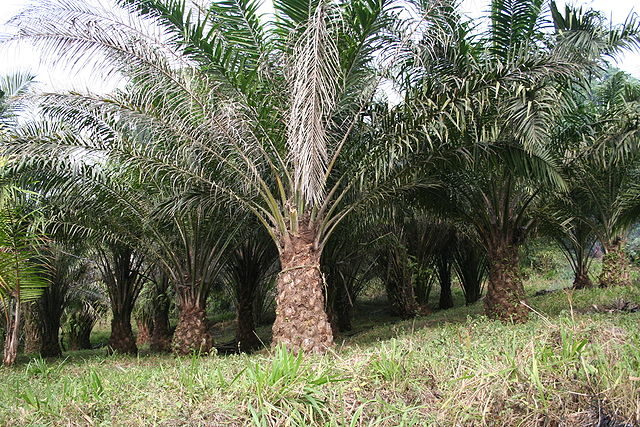Malaysia’s palm oil sector got a temporary reprieve after the European Union (EU) softened on its stand on the use of palm oil by its member countries.
The EU Parliament, European Council, and European Commission in a recent trialogue agreed to defer the proposed total ban on palm biofuel to 2030 from the earlier date of 2021.
The Malaysian Palm Oil Council (MPOC) expressed elation over this latest development. MPOC chief executive officer Datuk Dr. Kalyana Sundram said that on June 14, the EU trialogue reached an agreement that completely removed from the EU’s final Renewable Energy Directive (RED) text the proposed 2021 palm oil biofuel ban, reported Malaysia’s state-run Bernama.
“The palm biofuel ban directive was part of an ambitious EU goal to increase the use of renewable energy by 2030,” Kalyana explained. “The trialogue deliberations were keenly monitored by palm oil-producing nations, including Malaysia, since the EU Parliament voted strongly to ban the use of palm biofuels by 2021.”
“The debate on palm oil has been ongoing for almost 18 months and the current decision in not banning palm biofuel in 2021 is much welcomed and timely,” he said.
According to an earlier proposal, a palm biofuel ban by 2021 was to be included in the directive. The proposal drew outrage in Malaysia and Indonesia, which together produce nearly 90% of the world’s palm oil.
Kalyana said the exclusion of palm oil in the text was a victory for Malaysia and other palm oil-producing countries but pointed out that “the fight is not over.”
He said Malaysia needed to continue with its work as the EU was still intent on phasing out the use of palm oil in transport fuels from 2030.
Last year, Malaysia exported two million tonnes of palm oil to the EU, he said.
He said the main markets for Malaysian palm oil are the EU, China, and India but new markets such as Africa are being looked at to help soften the impact should there be a drop in palm oil exports to the EU.
“The EU will also probably re-engage our industry with new demands and we will continue to address them through available channels,” he said.
Photo: Tornasole









